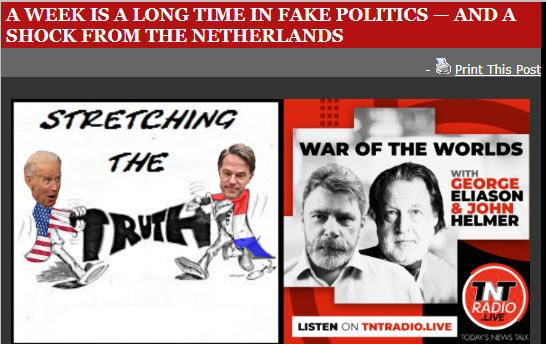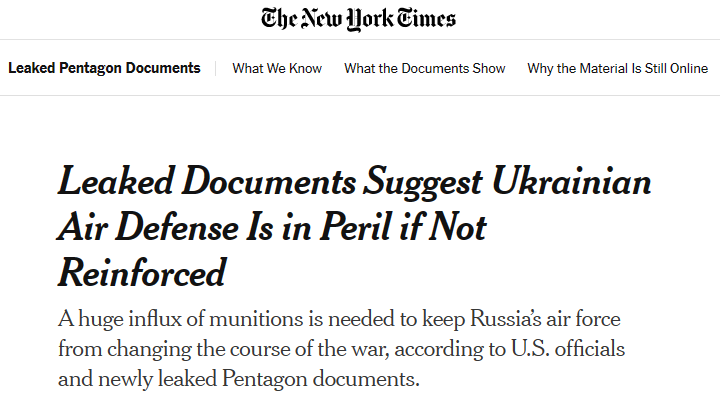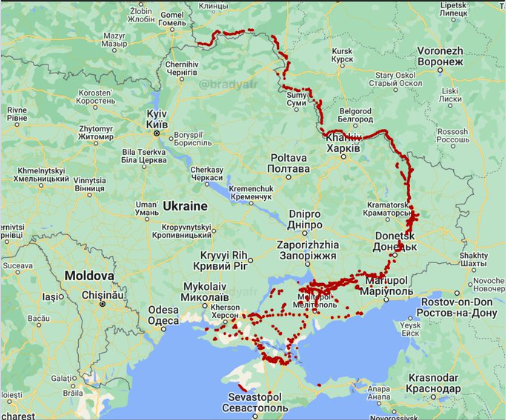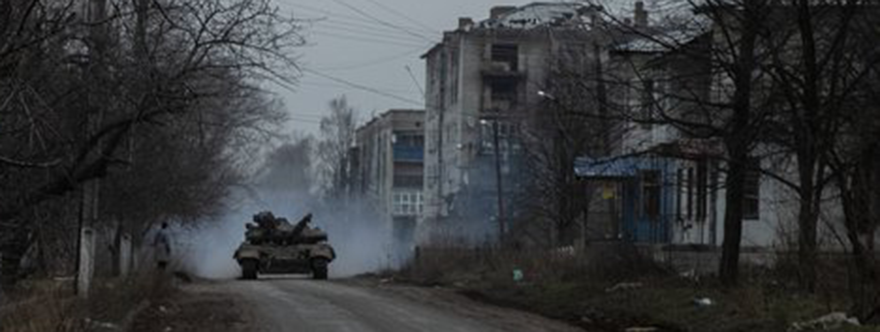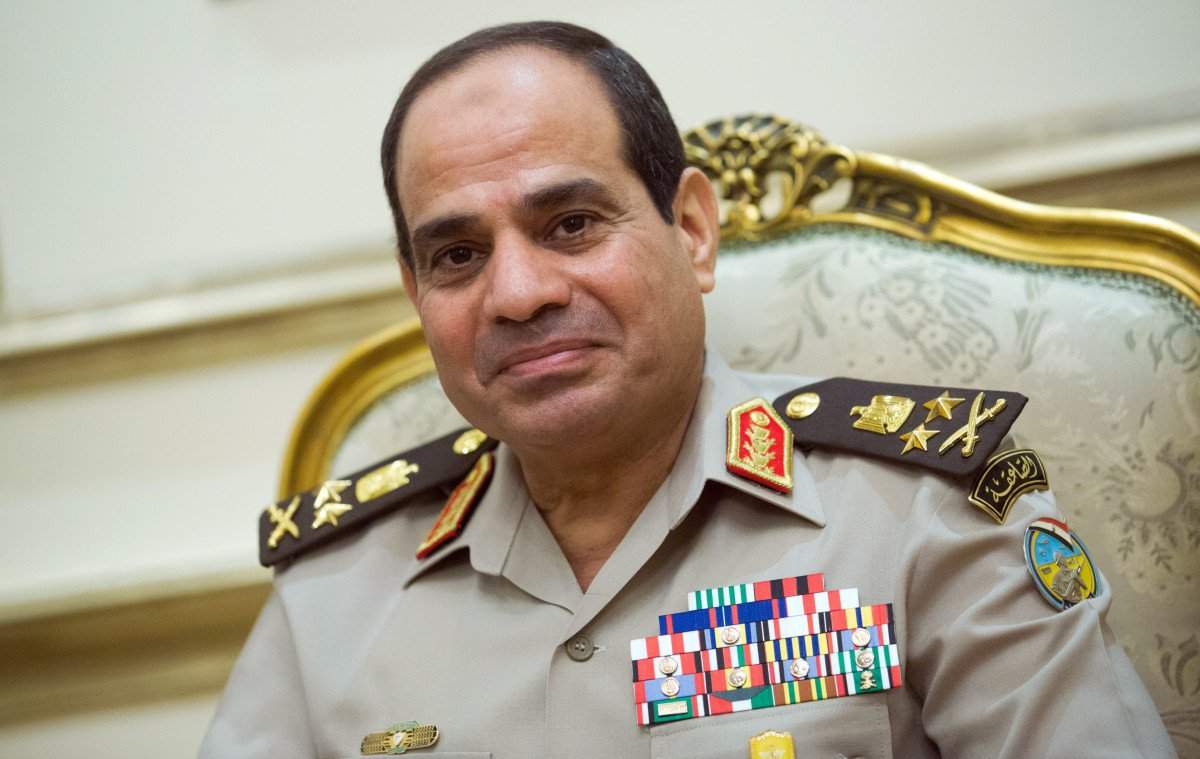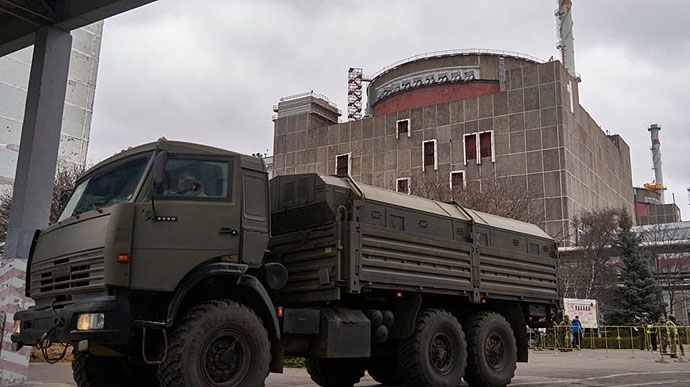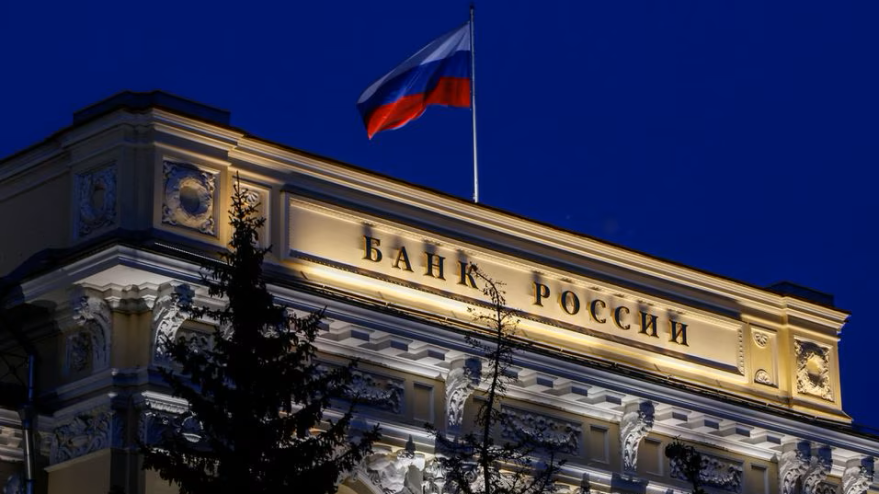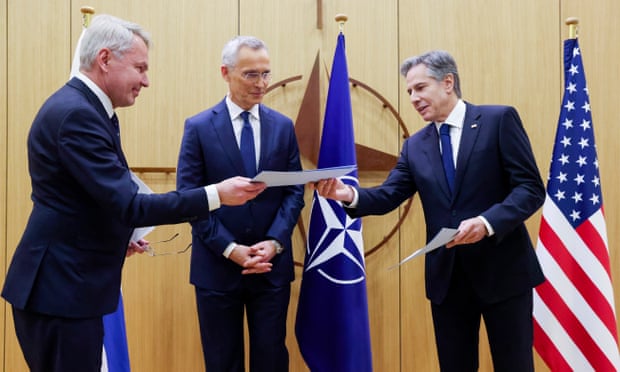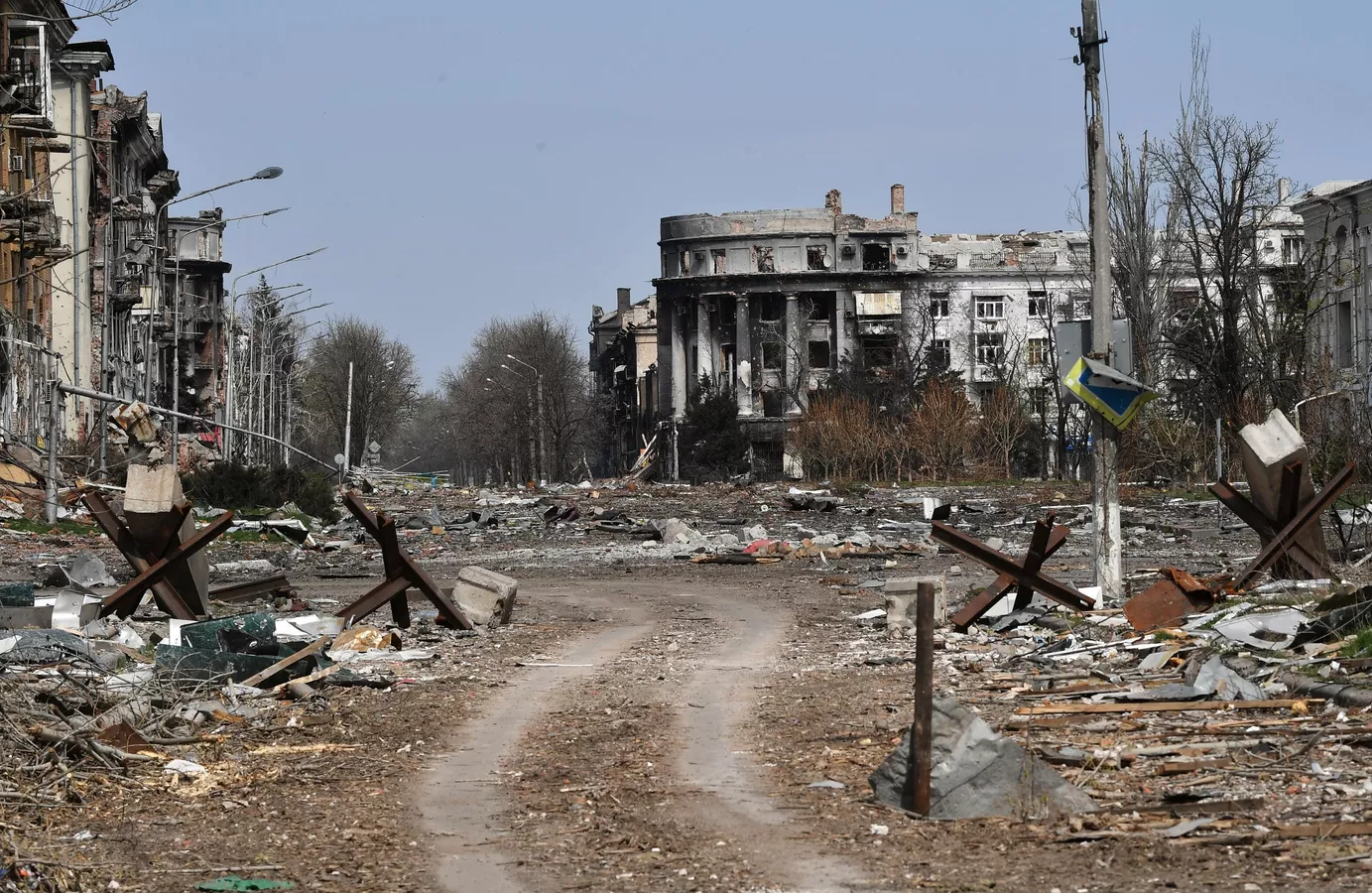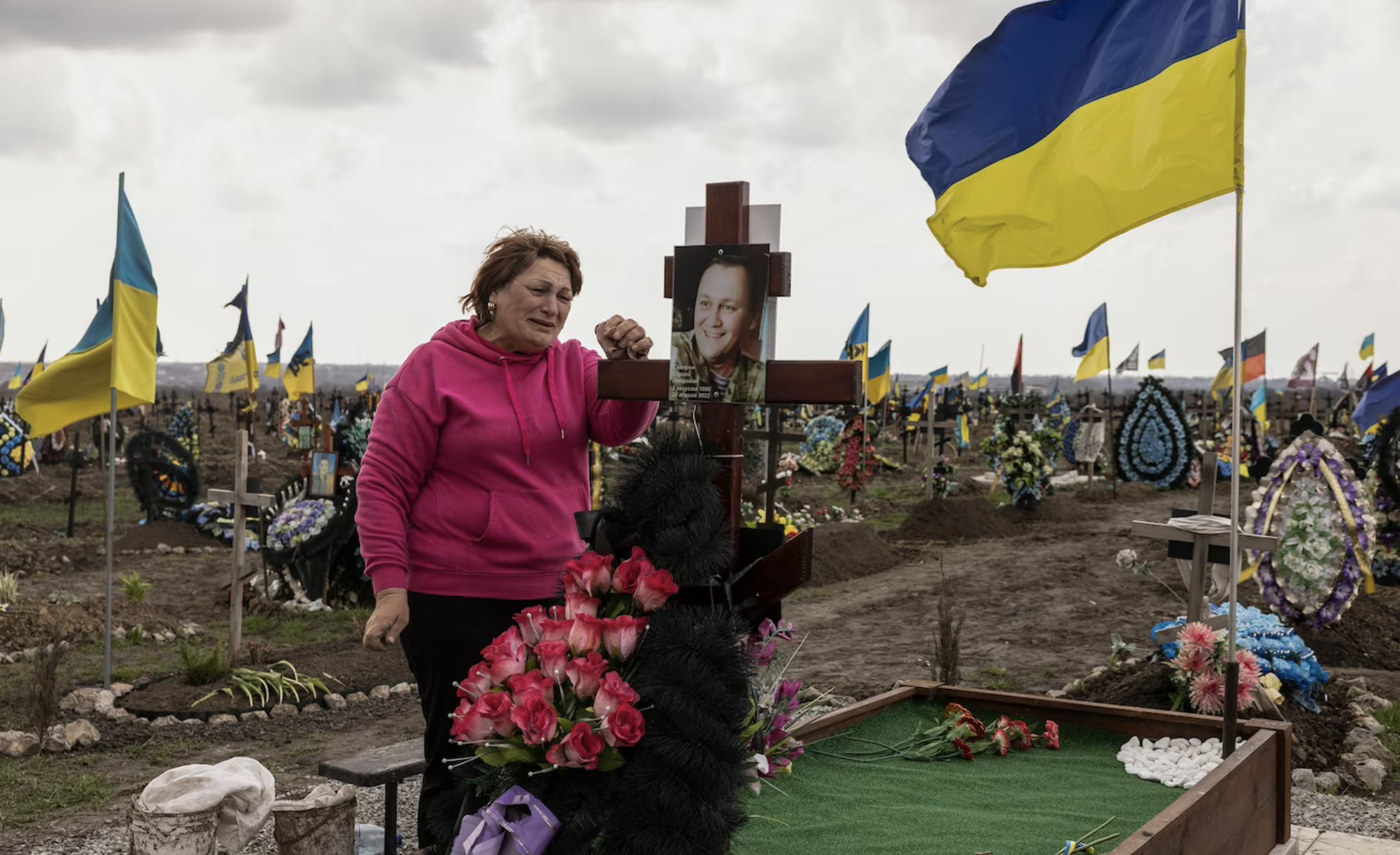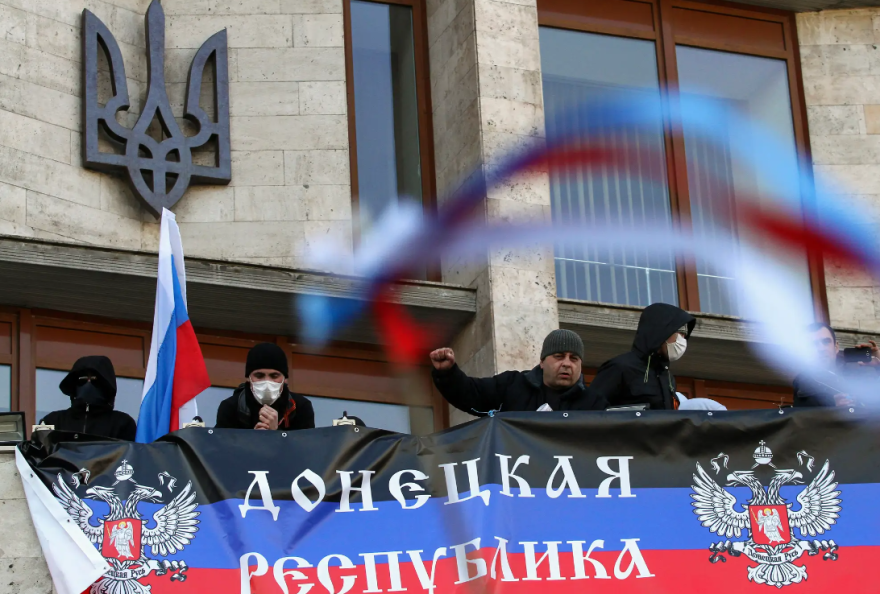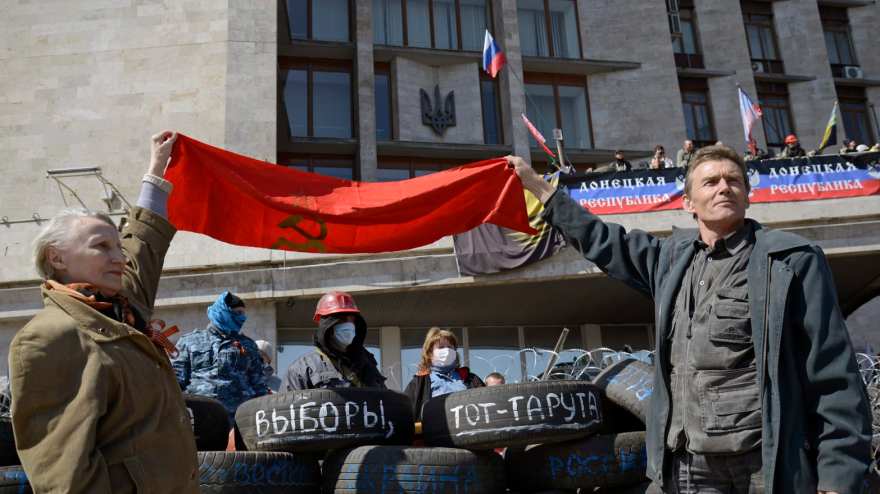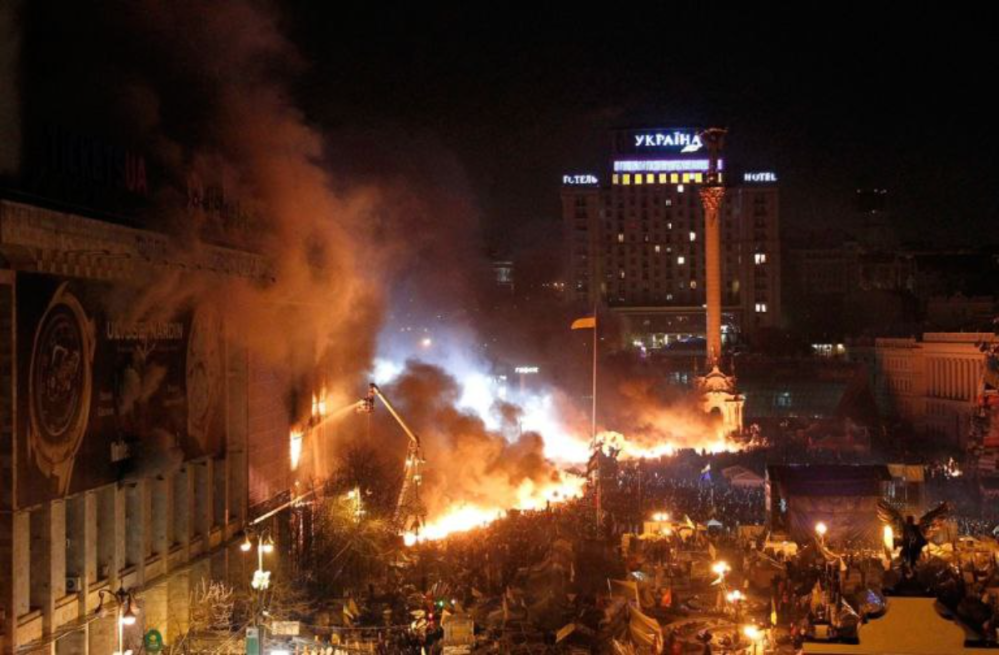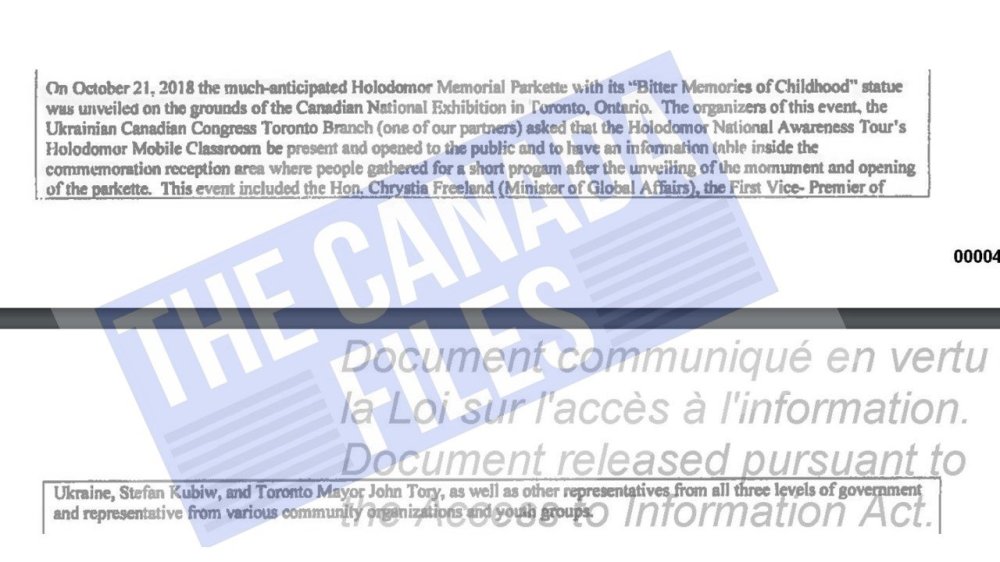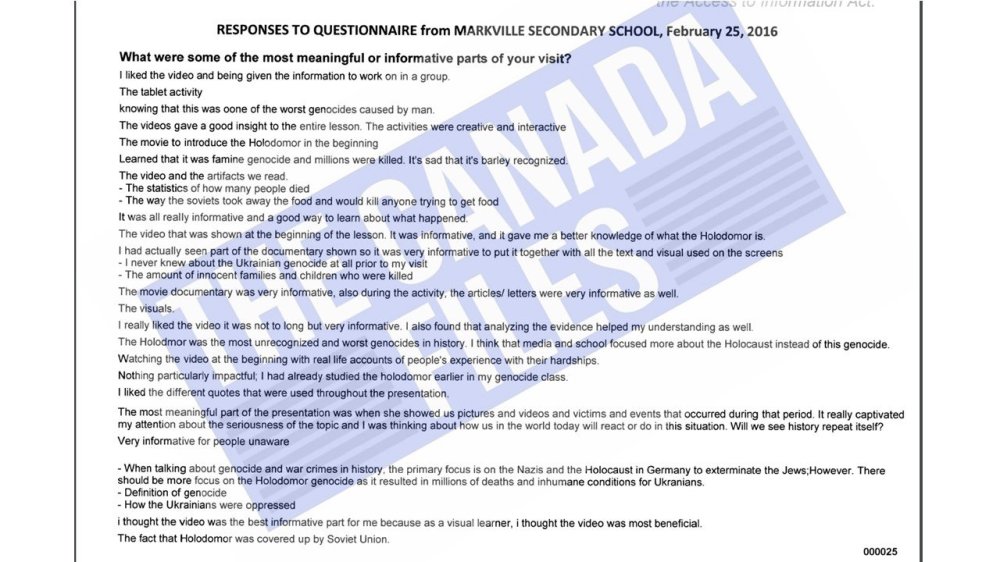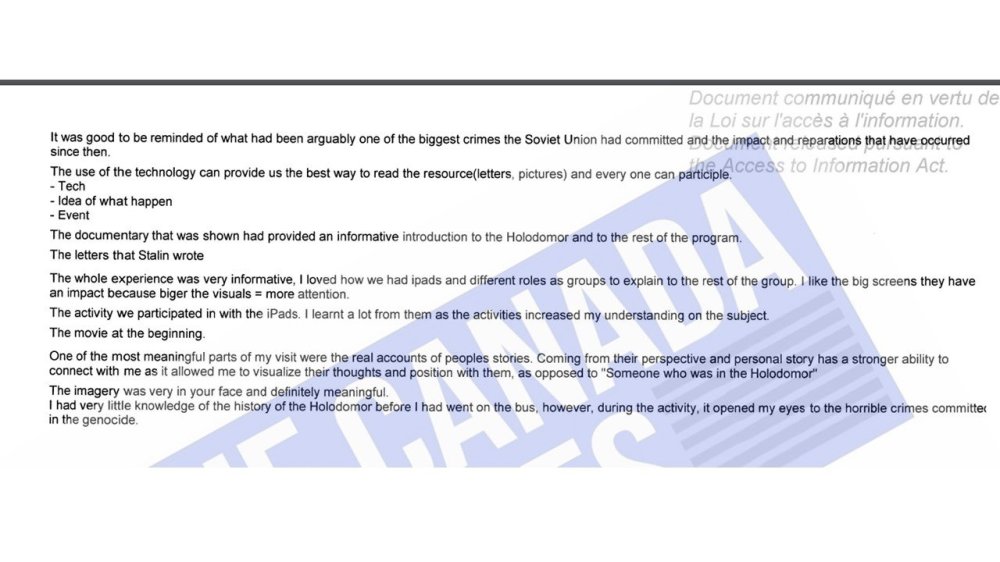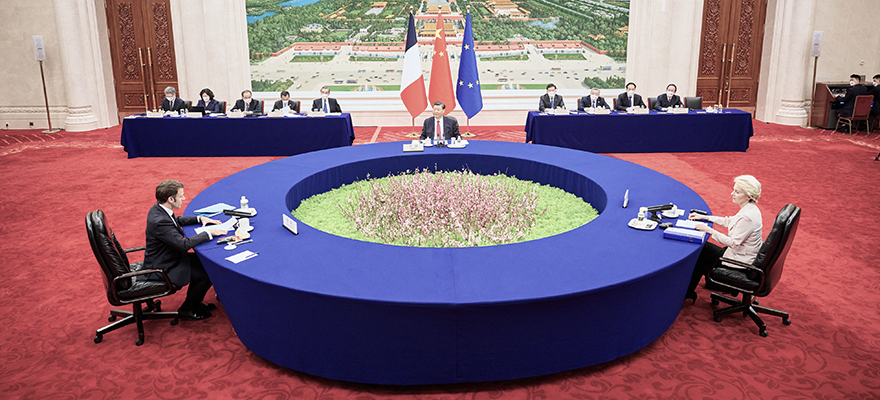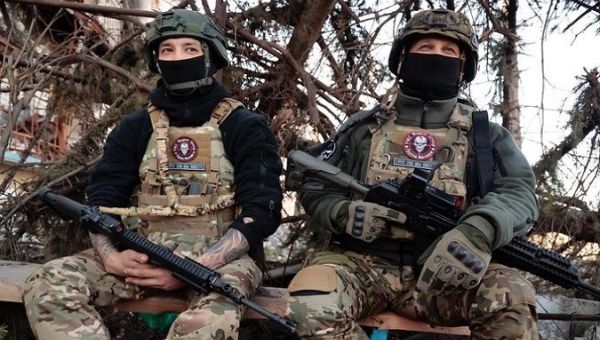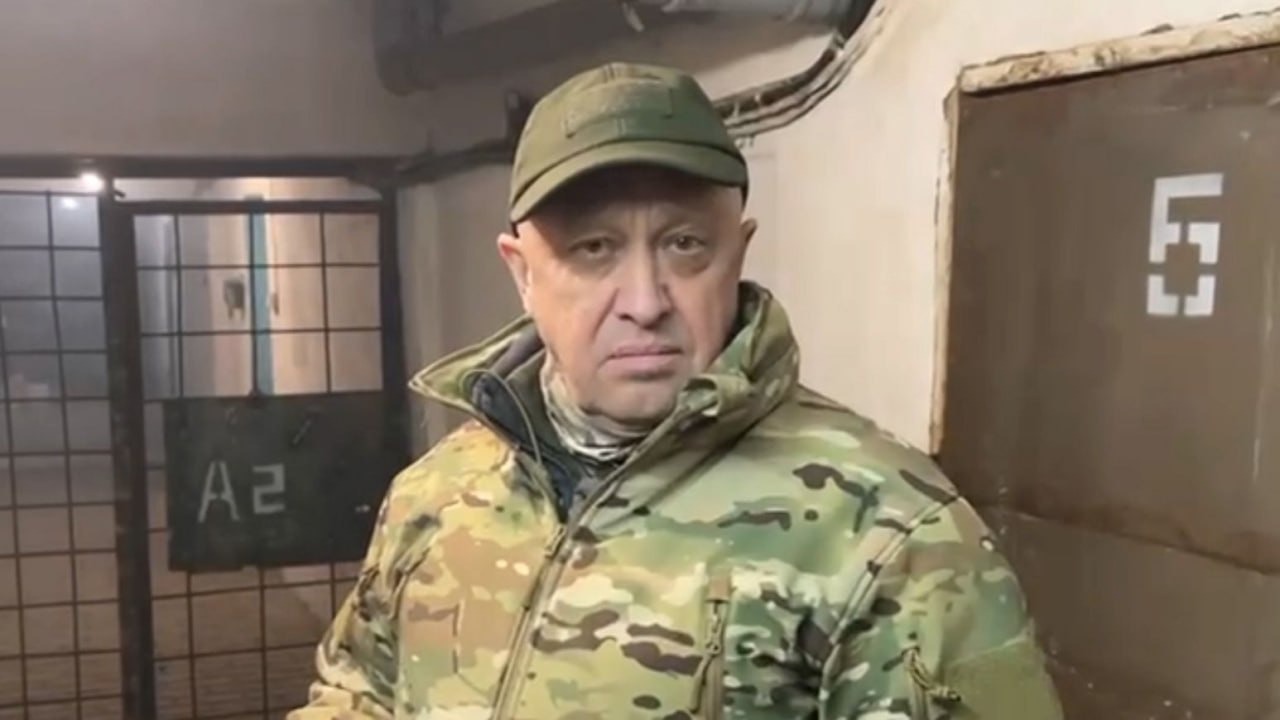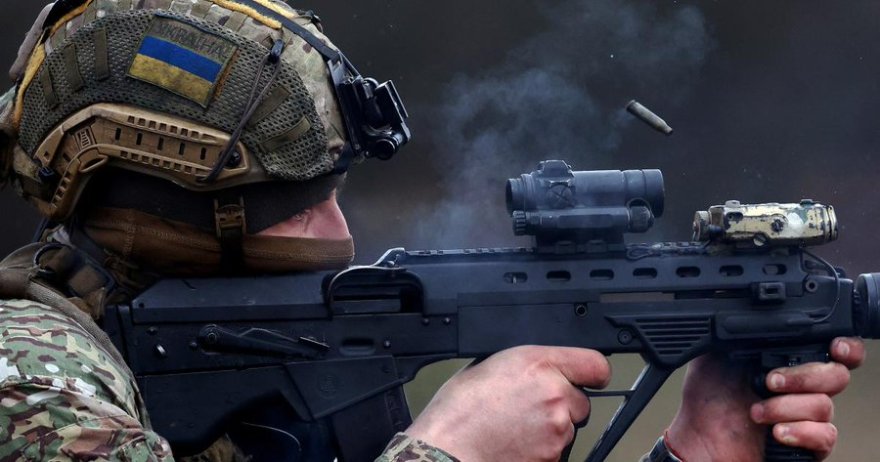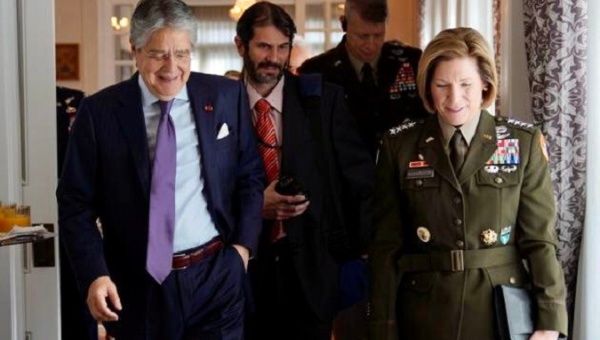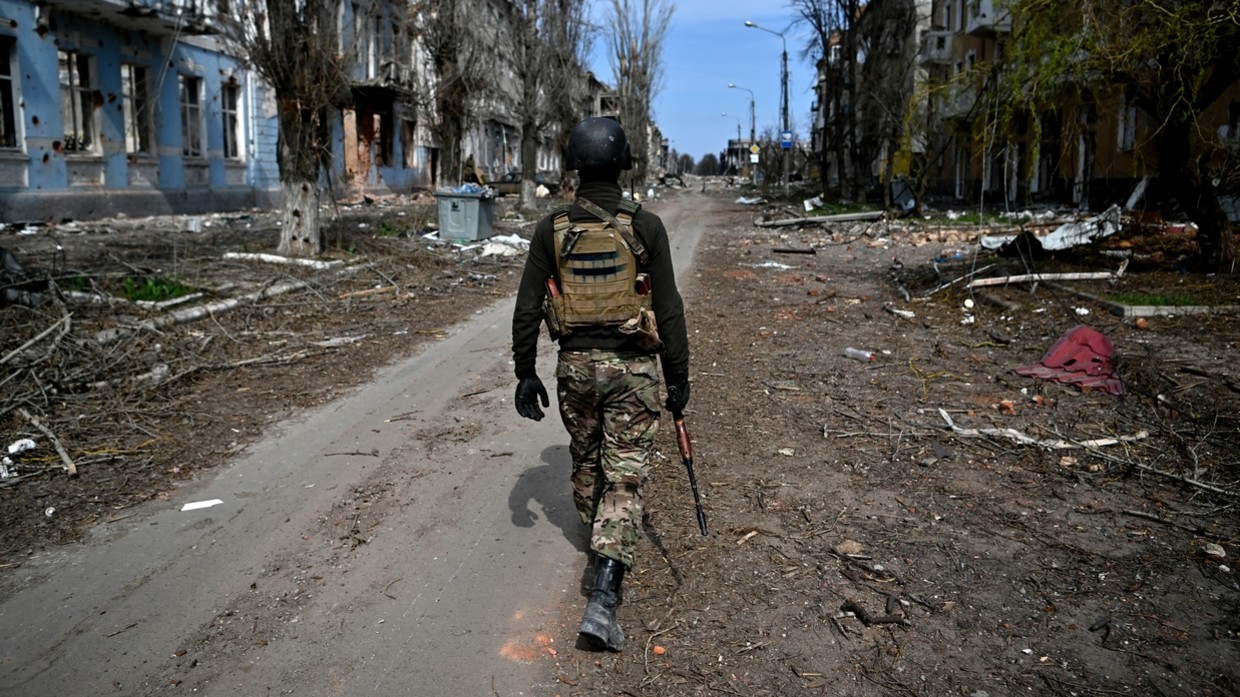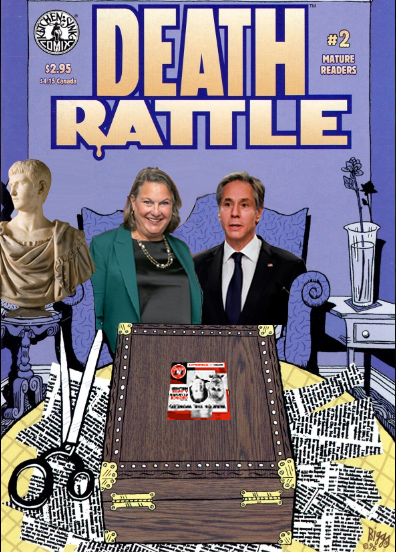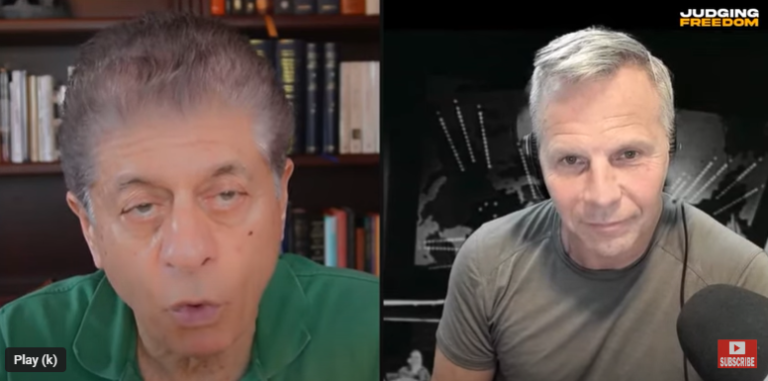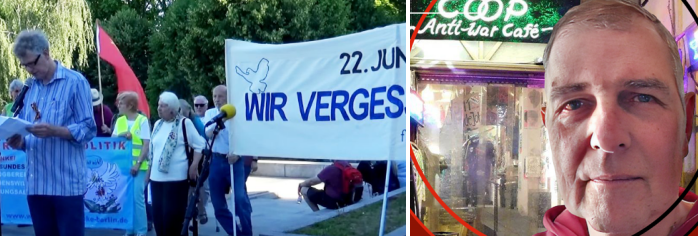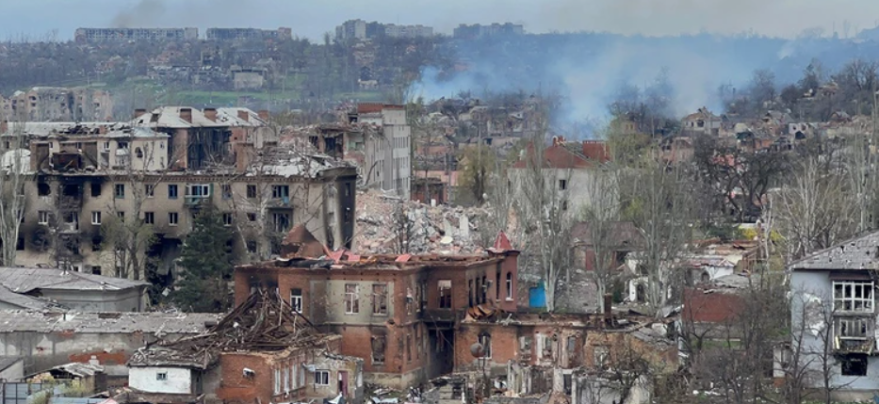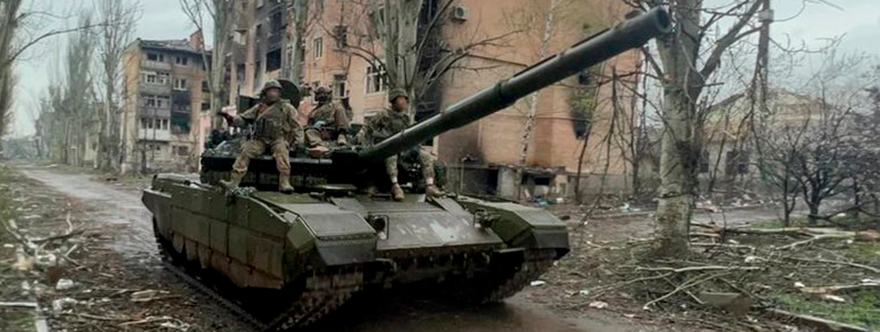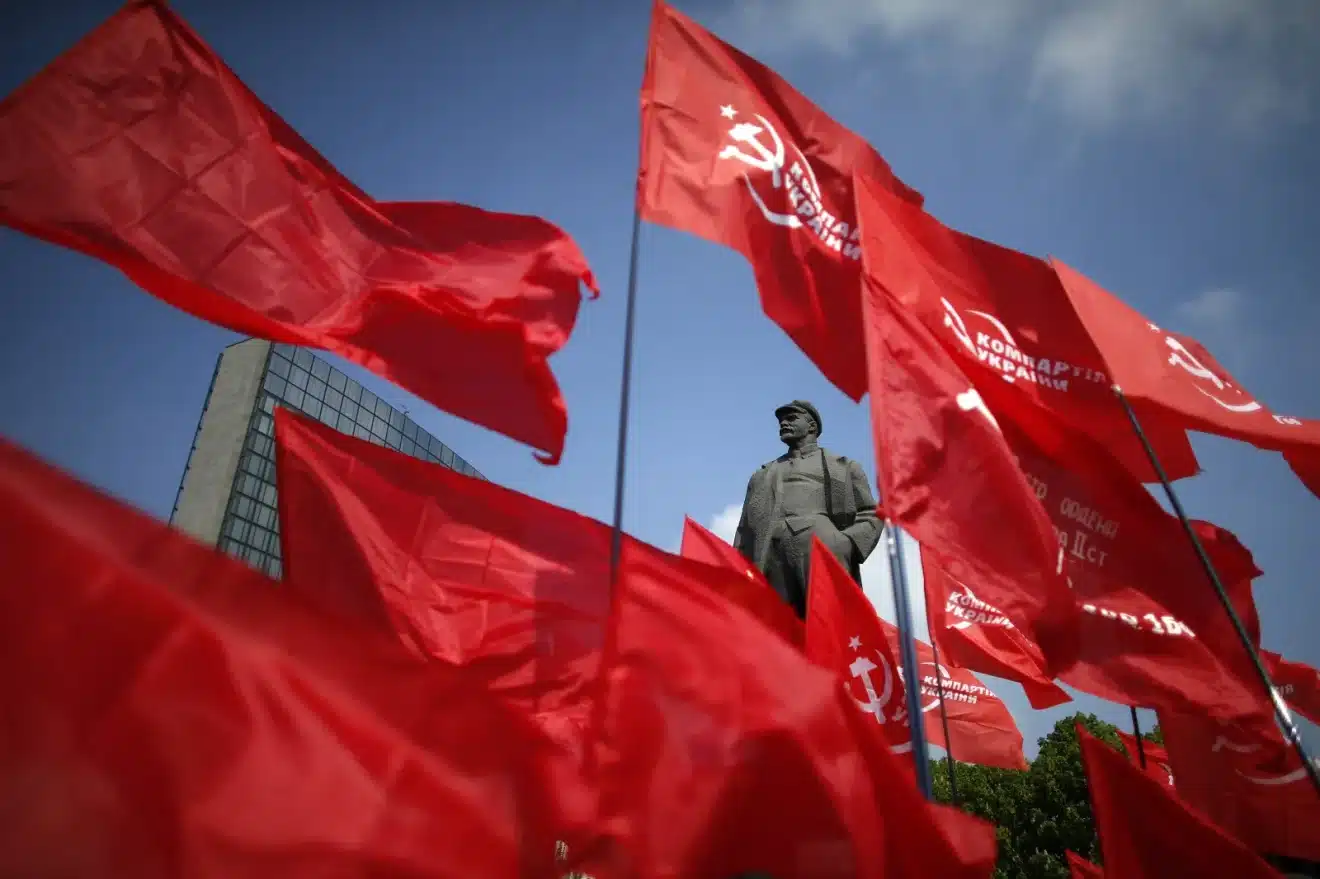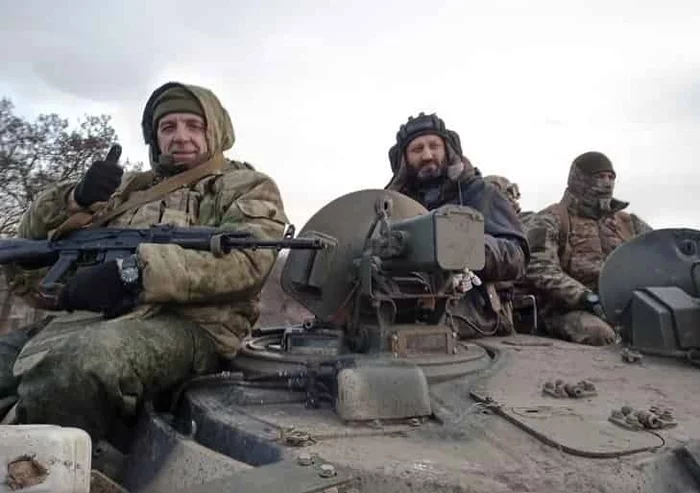POSTED BY @NSANZO ⋅ 04/10/2023
Original Article: Denis Grigoriuk
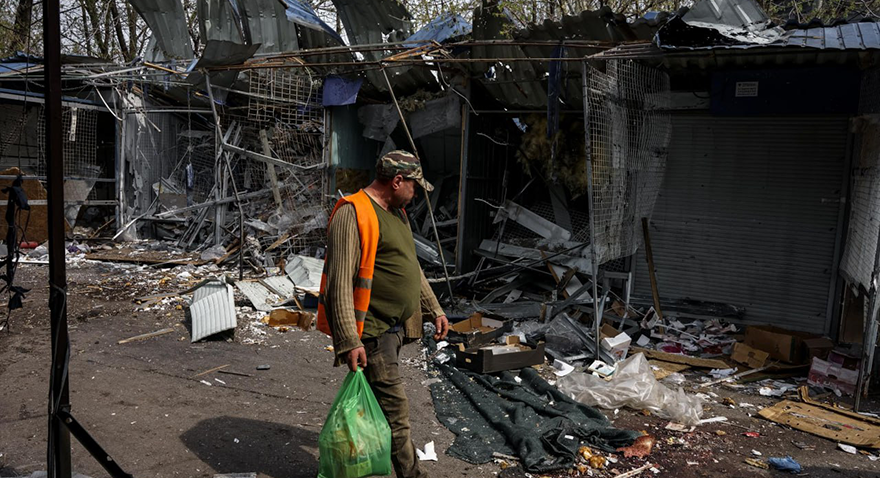
In 2014, as a result of shelling by the Armed Forces of Ukraine, the Green Plaza shopping center lost part of its glazing. Ironically, the population of Donetsk called it the Plywood Square. A few years later, the fashion plates were removed and the crystals reappeared in their place, so the joke lost its meaning. But that was a long time ago. Now, it seems that the entire city is made of these sheets of wood. Our five- and nine-story buildings look like they're made of wood. It is noticeable at the moment when the shock wave reaches the buildings and the walls tremble like cardboard sheets in the wind. At that moment, you feel in a box that is unable to protect you, and at any moment, your fortress can become your grave. But that thought usually arises after the bombing, when the time comes to realize what has happened. During the events, you sit, leaning against the wall, waiting for it to end. Meanwhile, the blows are constantly repeated. And when the explosions die down, you hear something fall: glass and window frames.
You have to get used to living with the idea that from now on there will always be lanterns by the door. If not, everything will be completely dark, since the wood covers the place of the lost windows. You get used to it gradually, it's a negligible loss considering that a dozen people may have died and chance has saved you. If previously it was only possible to see plywood windows, hear the sound of breaking glass and metal in front or in nearby areas, now these types of sounds accompany any movement in areas of the theoretical rear that are within the range of artillery. enemy. And what can be said about Donetsk if even a monument to a movie character, the insurance agent Yuri Detochkin from “Watch out for the car”, Do you have cuts from the Ukrainian shells? There is also some symbolism in it.
In addition to all this, here, in the areas that are not crossed by the front, one can inevitably find the contrast between a patio in which there has been a recent arrivaland the boulevard that is being rebuilt right next to it. At some point, you stop being surprised by all this, because it is something that is seen every day and because what happens no longer causes any surprise effect. After a shelling, there is no panic or hysteria even among children. You look into their eyes and you know that their reaction would have been different a while ago, but now what you feel inside is thinking "it's over." So there is no dissonance that those who sell their stalls in the covered market reopen them in the surviving pavilion the next day and continue working next to the place where the blood of one of her companions has not yet dried. . They walk by the place, think about it, and continue to do their job.
I was at the place where the woman died. Her blood had mixed with the remains of the products from the sales pavilion. Less than a meter away, a deadly fragment protruded that the day before had destroyed everything in the surroundings. A thought came to my head: the woman had no chance to escape. At some point, the inevitable happens and you find yourself in the wrong place at the wrong time and despite all your abilities, learning and expertise you cannot escape death. Hence a certain fatalism arises without hopelessness or fear. You just realize that when something like this happens, nothing depends on you. You can only accept what happens and continue living until that moment.
For this reason, on occasions, we allow ourselves to forget about security measures and we can allow ourselves to walk through the city with our helmets on so that the music drowns out the sound of artillery cannonade. It is reckless, but it is impossible to be always alert in a city that is regularly bombed. I thought that there are times when I feel more comfortable at the front than in Donetsk. There it is clear where there can be a shot from, so you have to be aware of any sounds or movement of drones, look for them in the sky and wait. Living in Donetsk, you always have to be alert and it is physically impossible to do it all the time, hence this reaction.
Against this background, it is difficult to say that Ukrainian hoaxes are scary. Yes, the Ukrainians have help from Western equipment and are capable of staining our shoes from heaven. True, the population of Donetsk is in the palm of the opponent's hand. And there is the feeling that somewhere up there, an all-seeing eye is constantly watching us to direct the projectiles to the desired place. But was it different at some point? Isn't it scarier to realize that Ukrainian artillery shells indiscriminately? The Ukrainians have shown that their actions seek to intimidate the civilian population. If they attack a place, they don't do it by accident but on purpose. So the shelling of markets, bus stops, residential areas, schools, nurseries and so on are deliberate acts of war committed daily by Ukrainian militants. How is it different from the actions of terrorists from prohibited groups?
There is only one thing left: to do what you can and whatever happens. This is the principle on which the population of Donetsk lives. That's why they go to work even though there was a bombing the day before. That is why they move around the city in buses that were attacked, which now have wooden sheets on the windows and where shrapnel holes can be seen perfectly. That is why we have not gone crazy when realizing this chaos in which we have lived for years. That is why there is no panic or fear no matter how much the enemy tries to achieve it.
https://slavyangrad.es/2023/04/10/la-ciudad-de-madera/
Google Translator
*************
Lord Protector of Minsk
April 10, 13:57

Therefore, I raised this issue in negotiations with the President of Russia. He was absolutely supportive in every way. And, he says, we need to revise all our treaties and agreements - Belarus and Russia - to see what normative legal act of an interstate nature should be adopted now in order to ensure the complete security of Belarus. In general, it sounded at the talks in such a way that in case of aggression against Belarus, the Russian Federation defends Belarus as its own territory. These are the security guarantees we need (c) Lukashenka
Protectorate is a form of interstate relations in which one state is under the military protection of another state. A protectorate is also called a protected state.
https://colonelcassad.livejournal.com/8282815.html
Evica's denunciation
April 9, 18:47

Evica's denunciation
Yevich Yury Yuryevich, a field doctor, a volunteer, a participant in the hostilities in the Donbass since 2014, a veteran of the Northern Military District, a surgeon, a popularizer of tactical medicine courses, they want to prosecute for discrediting the army. At one of the lectures on tactical medicine for the security forces, at which Yuri told the guys how to provide medical care to himself and his comrades in the war, what problems there are with medical support in the army, etc., one of the listeners, being an official, decided that Yevich, pointing out the problems, discredits the army, after which he filed a denunciation against him.
If Yevich Yury is brought to justice, which creates a dangerous precedent, then this can cause not only social tension and reputational losses for the state, but also lead to the fact that only “Everything is calm in Baghdad” will be on public platforms. Society will notice this very quickly and lose confidence in domestic media and other information resources, after which it will begin to consume information through alternative / hostile sources of information. This is a very important and dangerous situation.
Criticism and discredit are not always the same thing. I really hope that the judge will turn out to be a competent and adequate person, and will refuse to bring Yevich to justice. Such a precedent can discredit not only the army, but the state as a whole. In addition, our special services should take control of such scammers, because, apparently, these scammers want our army to defeat. After all, only an enemy or a mentally underdeveloped person can hinder the improvement of the situation in the troops, eliminate people who have clearly contributed to our common victory for many years. But the commission would not let the underdeveloped into the power structures.
P.s. Our President once said, commenting on the SVO, that the truth must be told, no matter how bitter it may be. He perfectly understands that mistakes need to be corrected, and for this you need to know about them.
(c) Daniil Bezsonov
@NeoficialniyBeZsonoV - zinc
Regarding the denunciation of Yevich, I can note that I have been following his activities since 2014, the man has propagandized, promoted and implemented modern methods of tactical medicine for all 9 years, helped to educate many people and played an important role in supporting Donbass. Such cases in themselves discredit the Armed Forces of the Russian Federation and the Northern Military District.
I hope the authorities will look into this situation and, of course, pay attention to the person who wrote such a denunciation.
https://colonelcassad.livejournal.com/8281744.html
Google Translator
****************
Ukraine’s Coming Offensive: Leaked NATO Plans & Lack of Arms
Posted by INTERNATIONALIST 360° on APRIL 8, 2023
– US arms shipments have drastically dwindled, the majority of weapons pledged require contracts that will take weeks, months, even years to fulfill;
– The NYT admits arms shipments may not be adequate for the upcoming Ukrainian offensive expected to begin within 2-3 weeks;
– Leaked NATO plans regarding Ukraine may have been fabricated by NATO and leaked through authentic means to reinforce other ongoing deceptions;
– 2013 US government-funded polls regarding Crimea and Ukraine indicate that the nation was divided, many favored Russia or had affinity for Russia and the Russian language was at least as widely spoken nationwide as Ukrainian;
References:
US Department of Defense – Biden Administration Announces Additional Security Assistance for Ukraine (April 4, 2023): https://www.defense.gov/News/Releases…
Newsweek – What Are c-UAS Laser Guided Rocket Systems? Kyiv Gets Experimental Weaponry (April 6, 2023): https://www.newsweek.com/ukraine-us-c…
Washington Post – US is providing Ukraine with $2.6 billion in military aid (April 4, 2023): https://www.washingtonpost.com/politi…
NYT – New Weapons Aren’t Enough: The Challenges of Ukraine’s Coming Assault (April 3, 2023): https://www.nytimes.com/2023/04/03/wo…
NYT – Ukraine War Plans Leak Prompts Pentagon Investigation (April 6, 2023): https://www.nytimes.com/2023/04/06/us…
Politico – Ukraine gives Russia two options: Leave Crimea peacefully or be ready for battle (April 6, 2023): https://www.politico.eu/article/ukrai…
USAID, International Republican Institute (IRI) – Public Opinion Survey Residents of the Autonomous Republic of Crimea May 16 – 30, 2013: https://pdf.usaid.gov/pdf_docs/pnaec7…
USAID, IRI – Public Opinion Survey Residents of Ukraine August 27-September 9, 2013: https://pdf.usaid.gov/pdf_docs/PNAEC7…
https://libya360.wordpress.com/2023/04/ ... k-of-arms/
************
A View from Europe: Peacenik Extremists and Liberal Warmongers in the New Wave of NATO Expansion
APRIL 9, 2023
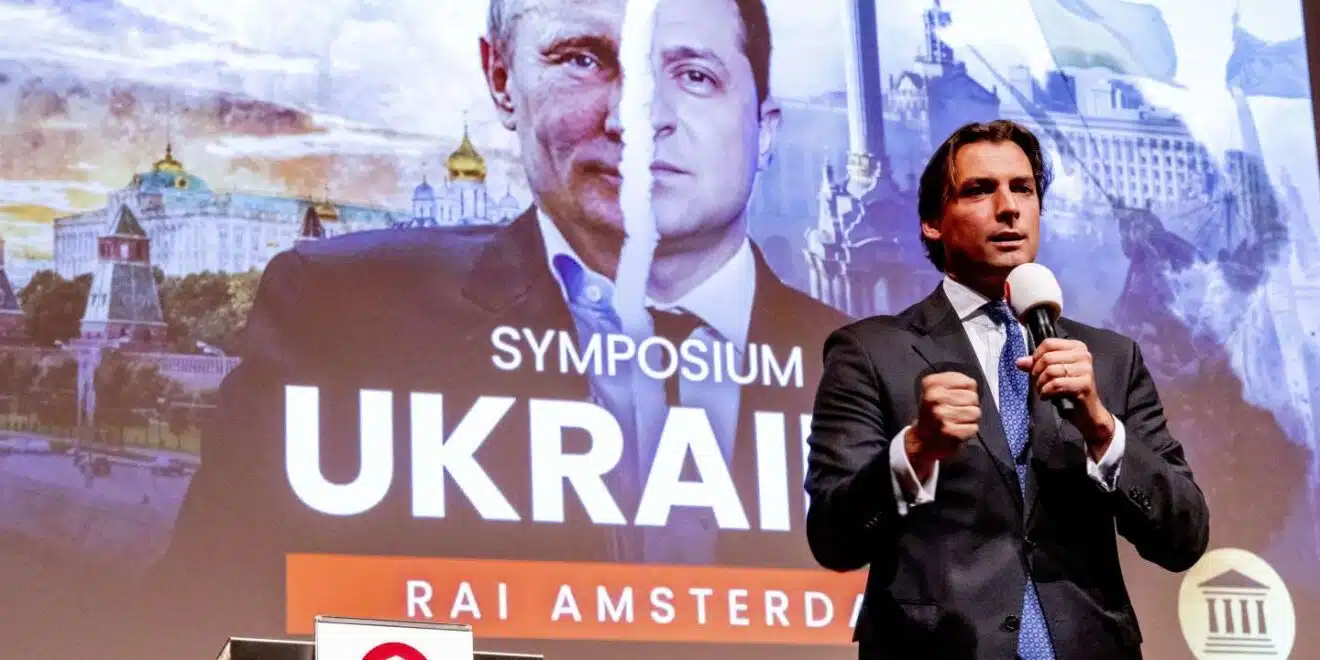
Dutch far-right MP Thierry Baudet (Forum for Democracy) speaking at Symposium Ukraine in Amsterdam on July 10, 2022. Photo: Robin Utrecht/AFP.
By Simon Turner – Apr 5, 2023
We are one year on from the projected Ukraine-Russia peace deal.
Ukraine was to have become a neutral state, one unable to own nuclear weapons, with internationally guaranteed independence. It would have rolled back the Russian advance to February 23, for the loss of Russian Crimea and part of Donbas, which the Ukraine government had anyway bombed for years, killing thousands.
So, were a hundred thousand lives saved? No. Like a role-play US envoy, on April 9 Boris Johnson appeared on the scene and “urged” Ukraine not to negotiate because its Western backers were not ready for a deal.
As the US Democratic Party’s Adam Schiff said before the war, “The United States aids Ukraine and her people so that they can fight Russia over there, and we don’t have to fight Russia here.”
Reiterating this last summer, the Republican Party’s Lindsey Graham stated: “I like the structural path we’re on here. As long as we help Ukraine with the weapons they need and the economic support, they will fight to the last person.”
But in the real world, beyond the confident cabal of warmongering elites, it’s frightening.
“There is one circumstance that everyone should be clear about,” said Vladimir Putin on February 21, 2023: “The longer the range of the Western systems that will be supplied to Ukraine, the further we will have to move the threat away from our borders. This is obvious.”
Yesterday, Finland became the 31st member of the North Atlantic Treaty Organization (NATO). While the Russian border with Ukraine is over 500 miles from Moscow, the border with Finland is just 250 miles from Saint Petersburg, Russia’s second-largest city.
“Are we deploying missiles near the US border?” Putin had said, on December 23, 2021, two months before the invasion, “No, we are not. It is the US that has come to our home with its missiles and is already standing at our doorstep. Is it going too far to demand that no strike systems be placed near our home? What is so unusual about this?”
Two European conservatives, President Recep Tayyip Erdoğan of Turkey, and Prime Minister Victor Orbán of Hungary were the last to move aside and allow Finland to step up to the firing line.
In February, Orbán stated his position, saying, “We are not supporting anybody, because there can be no winner in this war.” Russia cannot win, because “the whole Western world is behind Ukraine,” he said, and “Russia is a nuclear power and cannot be cornered because that could trigger a nuclear war.”
Other sections of European conservatism have seen the Russia-Ukraine war for what it is even more clearly.
In the Netherlands, Thierry Baudet, leader of the Forum for Democracy, (FvD), said at the February 21 55th session of the Dutch House of Representatives:
Since 2007, Putin has been calling on the West to abandon the ‘Cold War’ attitude and cooperate in a normal, equal way. NATO’s response followed in 2008 when it declared in Bucharest that Ukraine would join NATO.
In 2011, NATO then launched an offensive war against Libya, and not long after that, firing began in Syria. In 2014, the United States staged a coup in Kyiv. It effectively controlled Ukraine from then on.
Bombing of Russia’s Donbas region began with cluster munitions… A drinking water blockade against Crimea began. Russia asked for security guarantees one last time, at the end of 2021. America responded by repeating that Ukraine would join NATO and launching a major military exercise.
Putin then decided to attack first because he believed he had no other choice. So, it was an expressly defensive move by Russia. The whole idea that it was an unprovoked attack, and that Russia wants to advance and conquer all of Europe, is completely absurd and should be relegated to the realm of fables.
Ukraine is being sacrificed on the chopping block of NATO expansionism and US aggression. I say this with sincere empathy for the more than 150,000 Ukrainian victims, and I also say this to the Ukrainian Foreign Minister, who is here.
Break away from the yoke of NATO and the State Department in Washington. They are not your friend. Put the interest of your Ukrainian people first. Make peace with Russia. It can be done today. And leave all these warmongers here behind.
The left’s Irish Members of the European Parliament, Mick Wallace and Clare Daly, could not have put it better or as straight. Baudet is, however, a declining force in Dutch politics.
Populism in the Netherlands has swung from Euroscepticism to greater opposition to tackling the Netherlands’ oversized part in climate change. The FvD was the biggest loser in last month’s Dutch provincial elections.
As for the several Dutch parties that are center left to left-wing, you would presume that they ought to have less in common with a (any) US government than the right. They must surely be aware of the fate of politics like theirs in the face of US subversion in countless countries.
As Brian Becker, the anti-war organizer and a founder of the US Party for Socialism and Liberation, said about comprehending the Russia-Ukraine war, “The question is how did we get here.”
But where comprehension should be, and having had a further year to find out, there is a void in the Dutch left:
“It is bizarre to see Putin blatantly blaming others for this war this afternoon.” (SP – The Socialist Party)
“From Fantasia, he blames his own aggression on the victim and on those who want to come to the rescue.” (GroenLinks – Green Left)
“Dutch support for Ukraine is also about protecting our democratic values” (PvdD – Party for the Animals)
“Crucial that promised military resources are actually delivered.” (PvdA – The Labour Party)
“Moscow’s unprovoked invasion of Ukraine.” (DENK – Think)
The Dutch left may be dead, but its anti-imperialist representation in the provincial elections is definitely absent, even now.
Only the tiny, intersectional BIJ1 on the left has even called out US responsibility for the Nord Stream pipeline explosions. BIJ1 didn’t take part in the elections.
The main Dutch left parties are no more informed than the average man or woman in the street saturated in Western propaganda. Take the New York Times’ outlandish theory on the Nord Stream pipelines’ sabotage, for instance, as a case study.
In Germany, however, where the energy companies Wintershall Dea AG and PEGE/I.ON hold a total 31% stake in Nord Stream, the far right, and leftwing parties, Alternative für Deutschland (AfD) and Die Linke (the left), both quickly laid the blame for the attack at the door of the US.
The AfD co-chairman Tino Chrupalla told the Bundestag chamber that the question was whether “NATO’s leading power has carried out an attack on our country’s vital critical infrastructure in European waters.” Chrupalla continued that if this was indeed the case, then “one would have to question whether the alliance guarantees security in Europe or rather endangers it.”
The context to answer these questions was provided by Vladimir Putin in his assessment of Russia’s problem described in his December 23, 2021, annual news conference: “Take the 1990s, for example. The Soviet Union did everything to build normal relations with the West and the United States … They should have treated Russia as a potential ally and made it stronger, but it all went in the opposite direction; they wanted to break it down even further.”
What Mr. Putin may not have considered was that there could be nothing Russia could fix about itself if it were Germany, and German agency, which was the imperialist US’ problem.
Treating Russia as a “potential ally” and agreeing to the Russian request to join NATO would not have allowed US business interests to maintain the required oppositional relationship between Europe, led by Germany, its strongest economy, and Russia.
For the US, it wasn’t enough to break up the USSR and plunder the Russian economy. That impacted only Russia, not Germany, which would, if not itself impacted, naturally gravitate to its near neighbor, taking its business with it and leading the way.
The aforementioned “agency” was personified, immediately, the day after the invasion, at least, in the form of Germany’s prominent and popular Sahra Wagenknecht of Die Linke (the left party).
Addressing her social media following (682k Twitter subscribers, tens of thousands more than Chancellor Olaf Scholz or foreign minister, Annalena Baerbock), Wagenknecht said:
Now we must do everything we can to de-escalate and banish the threat of a world war. And of course, the question arises: How did it even come to this?
If a peace solution can only be achieved at the price of Ukraine’s permanent neutrality—well, for whom would that actually be a problem? What did the insane rearmament bring to Ukraine, which took part in seven NATO maneuvers last year alone and stationed up to 2,000 US soldiers on its territory?
Even if many are now calling for it, supplying even more weapons to Ukraine would only add fuel to the fire. This conflict cannot be solved militarily! A forced rearmament of the NATO countries, sanctions, and a new Cold War will not solve any problem, but only increase the danger of an even greater military escalation.
We must leave the path that can only end in the abyss.
Two days later, in the Bundestag on February 27, the co-leader of the far-right Alternative für Deutschland (AfD), Tino Chrupalla, also spoke words of peace:
I much more agree with all speakers who support de-escalation and détente of words and deeds. And I myself call for restraint [moderation]. We all want peace in Germany and Europe. Therefore, valued colleagues, please gather all partners at the negotiation table. Exit the thought corridor of East-West conflict and sketch a common future for the European continent. For that, we must remain in dialogue.
Chrupalla queried whether “soon all Russian citizens in Germany [will] be held guilty by association? Ideology-driven cancel culture for freedom and democracy?… Whom then is it supposed to affect–Putin?”
Fellow AfD leader, Alice Weidel, stated that “the understanding of all origins is a prerequisite in the search for solutions”:
Countless opportunities…were neglected to negotiate a status of secured neutrality for the Ukraine which took into account the security interests of all and would have made possible that the Ukraine evolve from a dispute to a bridge between East and West.
The challenge of creating a European security architecture which overcomes the thinking of East-West blocs is not off the table, but it has become more difficult. Germany here can and should play an important role as an honest broker. The prerequisite is that we draw the correct consequences and again rebuild lost trust, sovereignty, and freedom of action, and not merely allow ourselves to be heedlessly drawn into a war.
At the same time, a minority in De Linke, led by Wagenknecht, denounced the actual government response:
The proposal signifies the uncritical acceptance of the policy pursued above all by the USA in recent years, which bears a significant share of the responsibility for the situation that has arisen… NATO’s eastward expansion is the most fatal mistake of American policy in the post-Cold War era.
We reject this general authorization for the federal government to de facto participate in the war in Ukraine with arms deliveries and sanctions affecting the population. Only compliance with international law by all and the resumption of diplomacy can bring about peace.
One year on, on February 25, as part of the protests on the anniversary of the invasion, Wagenknecht joined veteran feminist Alice Schwarzer in leading a rally of tens of thousands of people called the “Uprising for Peace,” around the Brandenburg Gate in Berlin, saying:
It’s about making Russia an offer to negotiate rather than ammunitioning an endless war of attrition with more and more new weapons.
They pretend that this is solidarity with Ukraine. What kind of a lie is that? This is not solidarity. This is the exact opposite. Because solidarity would be doing everything to stop the dying. Solidarity means saving lives, not destroying lives. Solidarity means working for peace and not for war. And for doing so, you don’t need tanks. It takes diplomacy, negotiation, and a willingness to compromise on both sides.
With every day that this war is prolonged. With every additional lethal missile that we deliver into this powder keg, the danger of a major war grows throughout Europe. And possibly throughout the world. We must put an end to this at all costs. We know that weapons kill and that tanks are for waging war… And that this war is not about noble values either. It’s about NATO and the scope of the American zone of influence.
Wegenknecht concluded her speech by proclaiming, “Today, we give the starting signal for a new, strong peace movement in Germany.”
The protest was in support of the Manifesto for Peace petition which had amassed well over half a million signatures by the time of the rally toward an end to weapons deliveries, and for peace negotiations.
It was also, likely, a show of support for Wagenknecht, Germany’s second-most popular politician according to an October Insa poll, up from sixth and displacing Foreign Minister, Annalena Baerbock, who dropped to fourth. Wagenknecht had called out “the stupidest government in Europe” the month before for starting an economic war with its main energy supplier.
However, Die Linke’s Berlin branch criticized Wagenknecht and Schwarzer’s peace demonstration in advance.
The leader in Berlin, Katina Schubert, even claimed that the anniversary rally “had nothing to do with left-wing politics, let alone left-wing peace politics” and that “the confusion of victim and perpetrator was a recurring theme in the speeches.”
Wagenknecht responded that the leadership’s criticism of the rally “speaks to the sad decline of the former peace party.” As in the Netherlands, the anti-war left has shrunk with war.
Sahra Wagenknecht has decided not to stand again for Die Linke.
The party is the Bundestag’s smallest, remaining only due to a clause in German law: “Grundmandatsklausel.” This was last month repealed in a measure that “seems to mean that the traffic light (the colors of the parties in coalition) wanted to significantly weaken two of its political opponents” a few weeks after Wagenknecht’s popularity found its anti-war direction, according to Christian Hesse.
Wagenknecht has already had learnings in mobilizing popular movements outside of political leaderships with her Aufstehen (Get Up), which quickly attracted 100,000 members in 2018. She explained, “We don’t want to keep observing, we want to change something.” A poll indicated about a third of voters could imagine voting for Aufstehen if it then became a political party.
Fast forward to November 2022, in a survey for Der Spiegel magazine by Civey on whether people could imagine voting for a new Wagenknecht party, 20% answered that they could “definitely,” and another 10% responded, “probably yes.” A quarter of center-right CDU/CSU voters could also imagine voting for such a party.
In eastern Germany, the home of the AfD, 49% were open to the prospect of a Wagenknecht party, and among the left and the AfD nationwide, figures as high as 67% and 68%, respectively.
The following month, she appeared on the cover page of the monthly Compact magazine, a self-declared representative of the AfD, beside the banner, “The Best Chancellor—a candidate for left and right.”
“Her name is on everyone’s lips: one of the most sought-after guests on talk shows, a stir in her own party, a permanent topic in kitchens and at parties. In the chic style of Coco Chanel, traditionally in a suit and heels, she is also popular with those who wear a baggy look or overalls. We are talking about Sahra Wagenknecht, who is preparing to storm to the top.”
So goes the appreciative blurb to the offer of the back issue, but Wagenknecht’s potential, and potential as the leader of a powerful anti-war movement of true German agency, is clearly real.
Caution, though, marks her approach to founding a new party as she says, “The expectation that one could—even if one had decided—just launch such a party, from one week to the next, that would be doomed to failure.” But beyond party structures, three-quarters of a million signatories of the Manifesto for Peace are behind her lead to avoid the descent into the devastation of a wider war.
In the present, as AfD MP Petr Bystron says, “[We are] the strongest peace party… It’s not a coincidence that one day after our unveiling of the peace initiative we jumped over the Greens, who are the number one war party.”
The AfD initiative proposed that Russia should roll back its advance and Ukraine should have an EU partnership rather than EU or NATO membership. “In addition, no nuclear weapons should be stored, missiles or foreign troops should be stationed on the territory of Ukraine.”
AfD supporters continue to be ready for the anti-war message as the most opposed, at 84%, to Germany sending battle tanks to Ukraine according to the January Deutschlandtrend poll conducted by public broadcaster ARD.
Supporters on the populist right in Germany haven’t been swayed elsewhere, onto other topics, as happened in the Netherlands.
Last week, however, the AfD, too, struck a note of caution in a position paper designed to protect the party from criticism.
The AfD position, it defined, should not be “an uncritical acceptance of Russian positions,” but rather “a differentiated assessment based on German interests.” “Clumsy anti-American reflexes” would also not be supported. Further, the AfD were no “allies of left-wing pacifists” despite “demanding diplomacy instead of arms deliveries.”
By far more cautious than Sahra Wagenknecht and her wing of Die Linke, or the AfD, though, is the man who stood quietly by as the president of a foreign country stated he could “end” the national infrastructure supplying the foundation of Germany’s success.
This is “a Chancellor who, while always hesitating at first and promoting prudence and caution, nevertheless regularly buckles before the warhawks in his coalition, and crosses one red line after the next,” said Wagenknecht. “No, Mr. Scholz, we don’t feel represented by you. We don’t want Germany to be dragged further and further into this war until the war eventually arrives here.”
https://orinocotribune.com/a-view-from- ... expansion/
**********
A WEEK IS A LONG TIME IN FAKE POLITICS — AND A SHOCK FROM THE NETHERLANDS
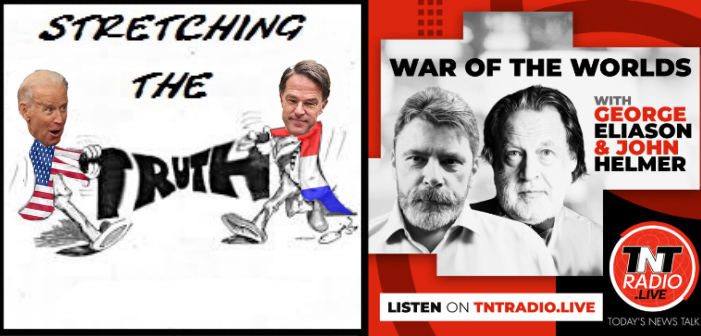
By John Helmer, Moscow @bears_with
It was former British prime minister Harold Wilson who said in answer to a question from reporters that a week is a long time in politics. He couldn’t remember in what week he said it. A century earlier, when reporters were quicker witted than they are now, another British politician had said: “In politics, there is no use in looking beyond the next fortnight.”
The fabrication for publication of US military intelligence documents on the timing and capabilities of a Ukrainian army offensive has taken five weeks for reporters to realise its political impact in Washington and Kiev. But since the documents were intended to fool reporters, the political impact in Moscow has been zero.
Much more important – and much less reported – is the impact of the municipal and Senate elections in The Netherlands three weeks ago which were won by a nationwide protest movement against anti-farm policies called the Farmer–Citizen Movement (BoerBurgerBeweging, BBB). This surprise victory is turning the BBB into political party with a much larger agenda.
The March 15 election result is the first in Europe to defeat an incumbent prime minister (Mark Rutte, lead image, left) since the Russian special military operation began on February 24, and the Slovenian parliamentary election evicted the pro-Ukrainian prime minister on April 24.
The Dutch vote result is also the first national defeat in Europe of a hot-war, Russia-hatred Green party; the first time a street protest movement has been successfully turned into parliamentary power, following the collapse of the Gilets Jaunes movement in France in 2020; and the first time a surprise election outcome in a NATO warfighting state has not (repeat not) been blamed in the mainstream media on Russian interference.
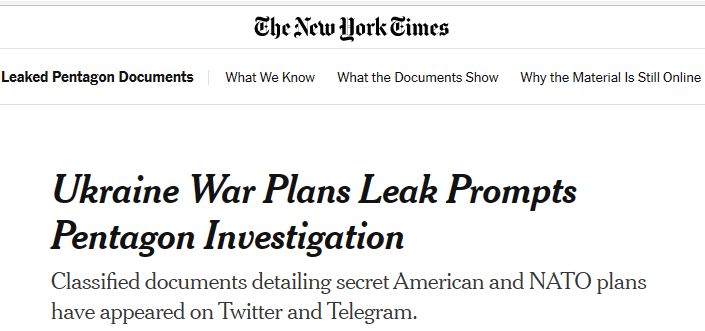
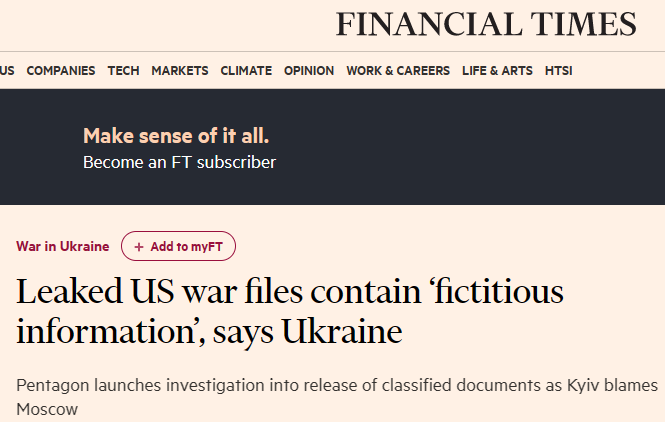
Top: https://www.nytimes.com
Bottom: https://www.ft.com/
In the initial leak of these documents at the beginning of March, there appear to have been ten separate papers relating to the Ukraine, plus another six or more which appear to be news media summaries from the Middle East, including Jordan — “Amman facing pressure from the PRC in the 5G decision” – and Saudi Arabia. All document pages are yellow; three reveal page numbers, 7, 11 and 13, of a longer undisclosed sequence; all have been folded into a small square the size of a uniform pocket, and then unfolded to be photographed on a table, the twisted edge of which can be seen in some of the pictures. The original publishing source has since disappeared.
Bellingcat says it has investigated to find the original leak comprising 31 documents, of which 10 relate to the Ukraine; these were reposted on the internet many times over in March before the New York Times report appeared on April 6. According to Bellingcat, one of the identified sources of the documents is the CIA Operations Center Intelligence Update. According to the New York Times Pentagon reporter, the documents originated at the Pentagon. The Bellingcat report did not claim the documents had been planted by Russians, and reached no conclusion about whether the documents had been fabricated.
The Financial Times reported that “ ‘Russia is looking for any way to seize the information initiative, to try to influence Ukraine’s counter-offensive plans, to introduce doubts, to compromise plans, to frighten [us] with their ‘awareness’,’ said Mykhailo Podolyak, an adviser to Zelensky, in a statement on Telegram. ‘This is a bluff… this has nothing to do with Ukraine’s real plans’.” In Kiev speak, this implies confirmation that the documents are from a faction in Washington, possibly with encouragement from a faction of Ukrainian military officers, aiming to stop the offensive before Russian forces destroy it.
Between the first appearance of the documents and the New York Times reporting in its headline that “Ukraine War Plans Leak Prompts Pentagon Investigation” five weeks had elapsed – a very long time for military intelligence staff at work in active war operations. “We are aware of the reports of social media posts and the department is reviewing the matter,” the newspaper has reported a deputy press spokesman at the Pentagon. The Times also claimed “Biden officials were working to get them deleted but had not, as of Thursday evening [April 6], succeeded.”
The exceptional delay of discovery, the failure on the part of US Defence Department officials to confirm or deny document authenticity, and the newspaper’s conclusion that what had happened was “an effort of disinformation by Moscow…represent[ing] a significant breach of American intelligence in the effort to aid Ukraine”, altogether add up to evidence of a US faking operation.
But to what purpose?
Listen to the broadcast: https://tntradiolive.podbean.com/e/alfr ... pril-2023/
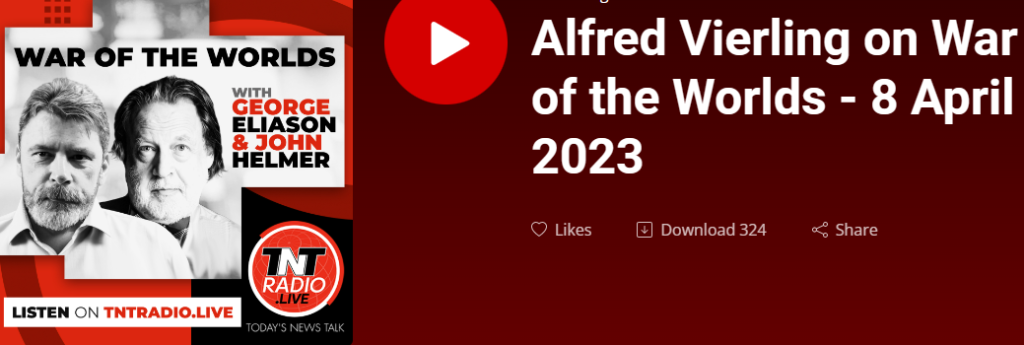
Follow the document trail here:
MARCH 2 VERSION OF THE PENTAGON DOCUMENT LEAK ON UKRAINE PLAN
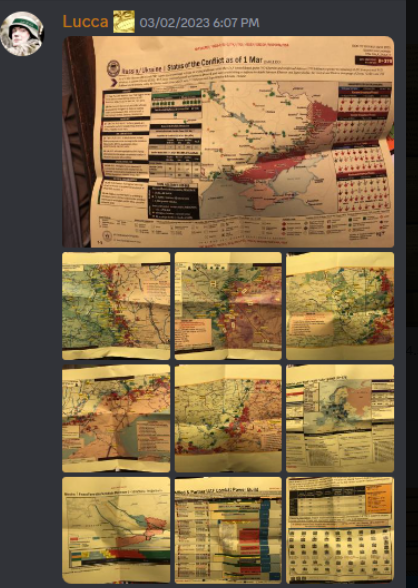
LATER VERSIONS OF THE LEAK
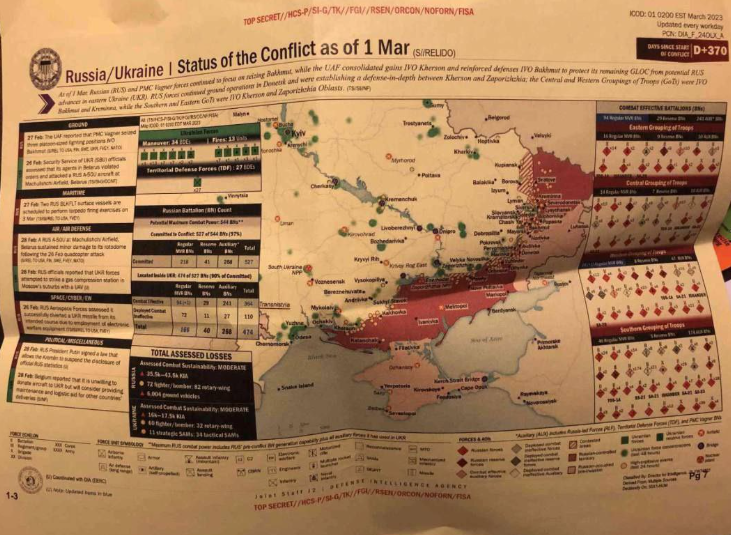
At top left under the headline, this is the text: “BLUF: [Bottom line up front] Based on known contributions, training pathways, and projections (12) combat credible BDEs can be generated for the Spring Counteroffensive, (3) internally by Ukraine [not depicted], and (9) are trained and equipped by US, Allied & Partner (US/A&P). Of the (9) BDEs, (6) will be ready by 31MAR, and the final (3) BDEs by 30APR. Equipment delivery times will impact training and readiness in order to meet this timeline. Total equipment required for (9) BDES is 253 x Tanks, 381 x Mech, 480 x Motor, and 147 x Artillery plus delivery of 571 x U.S. Up-Armored HMMWVs.” Note that the term “trained and equipped by US, Allied & Partner” means not only US and NATO weapons and troop training for the Ukrainians, but also partner states on February 28, the date of the document’s assessment – Finland (whose accession to NATO did not formally occur until April 4), Australia, and New Zealand, the non-NATO members of the “Five Eyes” intelligence network with the US, UK, and Canada (code FVEY at top right). The readiness deadline proposed in the document is April 30 – if Russian operations do not destroy them before then.
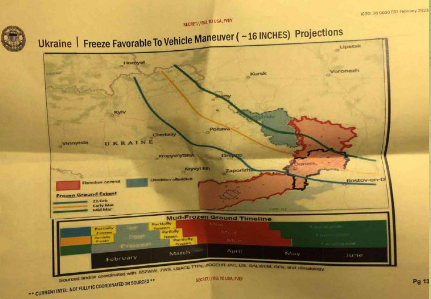
The bottom map displays weather projections showing the spring thaw of the ground eastward from February 28 to end-March. Odessa, Nikolaev, and the Crimea are left out of the map, although the red-coloured band of Russian-held territory appears to extend westward through Kherson and southward to include Crimea. The solid green band includes as Ukrainian territory much of the Izyum-Kramatorsk-Artemovsk sector from which Ukrainian break-out, retreat, and reinforcement are now impossible.
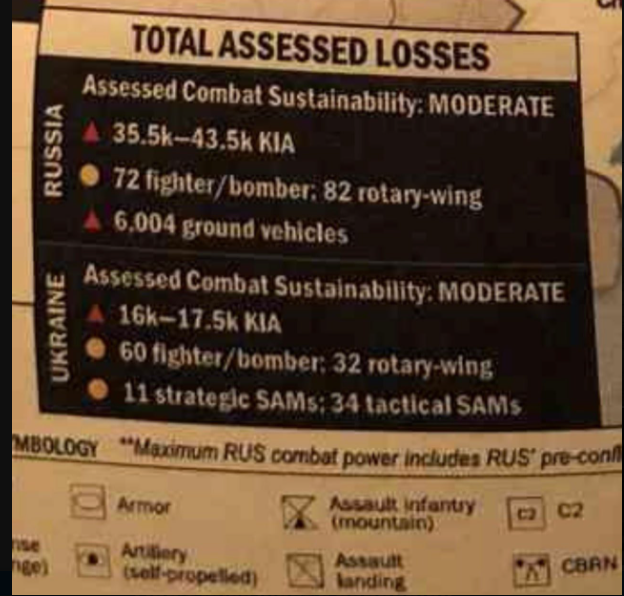
This tabulation of Ukrainian and Russian force losses in troop casualties (KIA), aircraft and ground vehicles destroyed is the most obvious fabrication. Source: https://twitter.com/
The discussion on the political implications for the war in The Netherlands is led by Alfred Vierling. He has been an international administrative and environment lawyer, with degrees from the University of Leiden in law and in political science. In Dutch politics he is a well-known critic of the Dutch government’s unrestricted immigration and asylum polices; of Dutch war crimes during the NATO bombing of Yugoslavia in 1999; and of Dutch manipulation of law cases by the International Criminal Court in The Hague, as well as of the MH17 trial in The Hague District Court.
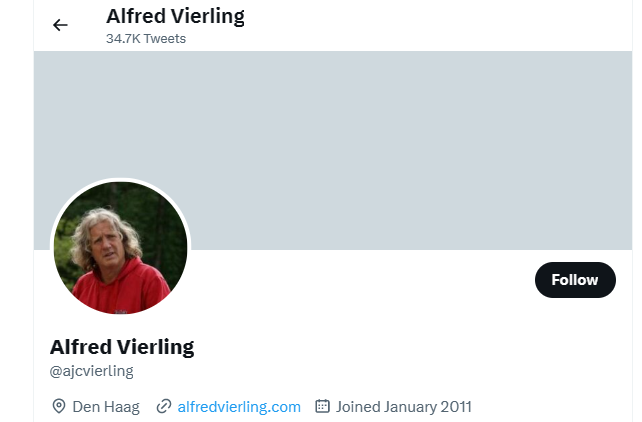
Follow Vierling’s website in Dutch, English and French here and his Twitter commentaries.
The Dutch farmer protests began in 2019; the background story can be read here. Firing live ammunition on orders of Rotterdam police chief Fred Westerbeke, this is what happened on November 21, 2019:
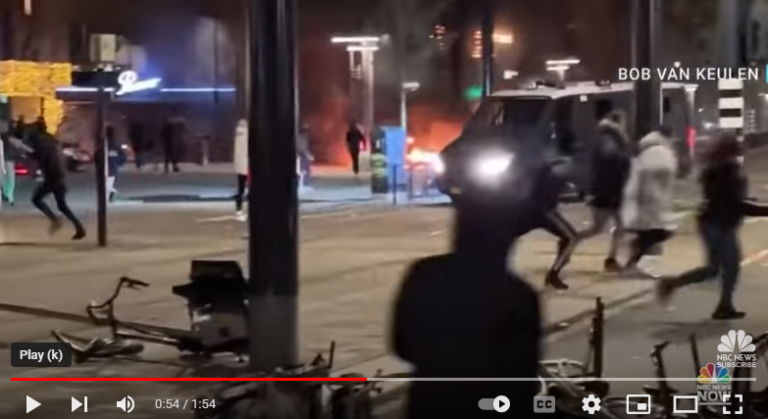
Source: https://www.youtube.com/
Westerbeke’s record in running the Ukrainian fabrications of evidence in the MH17 case has been documented in this book. Four Dutch investigators have led the attempts to open the truth of the MH17 case – Max van der Werff, Kees van der Pijl, Eric van de Beek, and Joost Niemoller.
The next nationwide election for the Dutch government in the lower chamber House of Representatives is not due until March 2025 – unless Prime Minister Rutte’s coalition loses a vote of confidence and an early election is forced.
DUTCH VOTE OF NO-CONFIDENCE IN RUTTE GOVERNMENT, MARCH 15
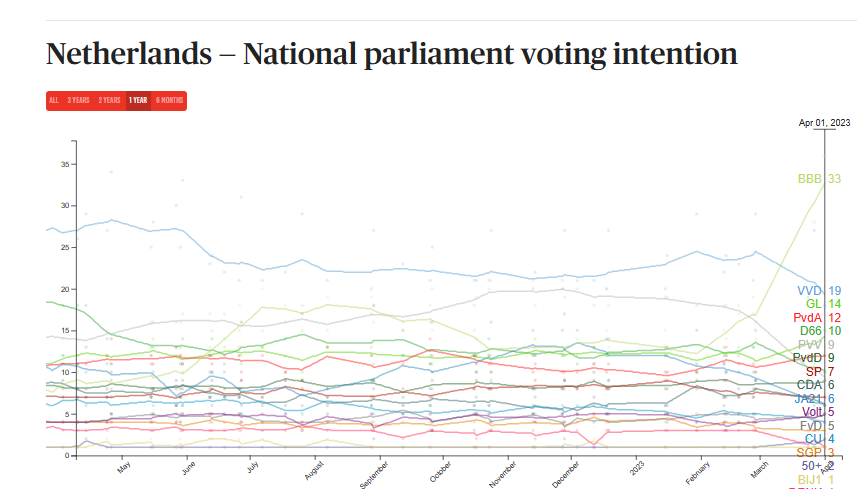
Enlarge to view, open the party acronyms, and interactively follow the rise of the BBB and decline of the Party for Freedom and Democracy (VVD) and its coalition party partners: https://www.politico.eu/
The March 15 elections won by the BBB were for the upper chamber or Senate.
The interview with Vierling starts at Min 15:57.
https://johnhelmer.net/a-week-is-a-long ... more-87779

